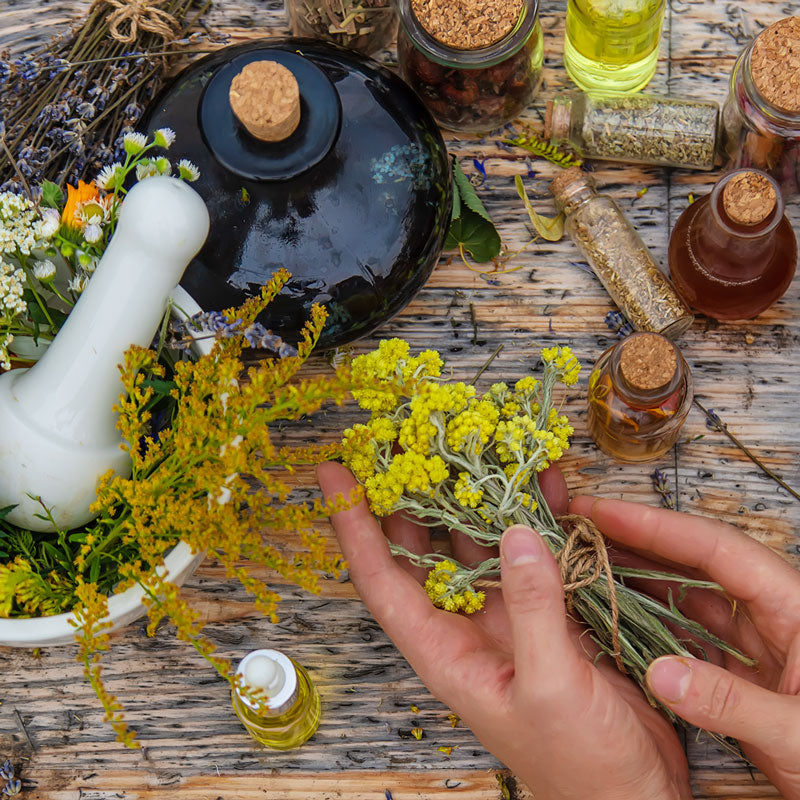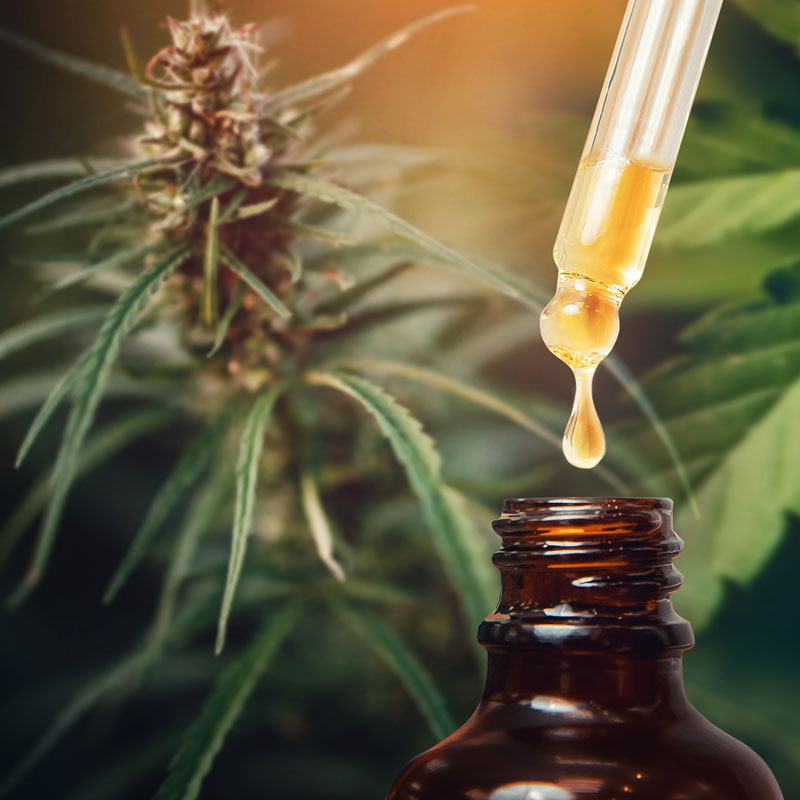Top 14 Herbal Ingredients to Support Respiratory Health

Breathing comfortably is vital to everyday wellness, and herbal traditions across the world have long included plants believed to promote clear airways and seasonal balance. Many herbs have been traditionally used in herbalism to support respiratory comfort, encourage relaxation, and maintain general well-being. Whether you're seeking gentle daily support or crafting your own herbal tinctures at home, these 14 ingredients have held a place in folk and traditional practices for their reputed effects on the lungs and breath.
Herbs Traditionally Used to Support Respiratory Wellness
Catnip – Used traditionally for its calming and aromatic qualities; often included in herbal blends for gentle respiratory support.
Echinacea – Valued in North American herbalism and often turned to in traditional seasonal wellness routines.
Elecampane – Historically used in herbal traditions to support the lungs and digestion with its warming properties.
Fennel – Known for its sweet aroma and gentle action, often used in herbal teas to soothe the digestive and respiratory systems.
Frankincense – Revered in historical wellness practices for its grounding aroma and incorporation into breath-focused rituals.
Licorice Root – Traditionally included in herbal formulas for its sweet, harmonizing qualities and gentle support of the throat and chest.
Lobelia – Used historically in small amounts by herbalists to support muscular relaxation and breathing ease.
Marshmallow Root – Known in traditional herbalism for its soothing qualities, often used in teas and tinctures for respiratory and digestive comfort.
Mint, Common – A refreshing herb commonly used to open the senses and included in steams and teas for its aromatic presence.
Mountain Mint – Used in traditional herbal formulas for its invigorating scent and reputed ability to support clear breathing.
Mullein – A long-standing favorite in folk herbalism for supporting lung comfort and used in steams, teas, and tinctures.
Onion – Found in culinary and herbal traditions for its warming and stimulating effects, often used in food-based respiratory tonics.
Peppermint – Included in herbal blends and teas to refresh and uplift; traditionally used for respiratory and digestive comfort.
Thyme – A culinary and aromatic herb often used in traditional steams and teas for its invigorating qualities.
To explore these herbs more deeply, many herbalists choose to prepare tinctures using 200 proof food grade ethanol. Alcohol-based tinctures are an effective way to extract both water- and alcohol-soluble compounds from plant material. Whether you’re working with a single herb or a custom blend, high-purity ethanol ensures a clean, long-lasting, and efficient extraction process.
Disclaimer:
This content is for educational purposes only and is not intended to diagnose, treat, cure, or prevent any disease. No health claims are made. Please consult a licensed healthcare provider before using herbal preparations, especially if pregnant, nursing, or taking medications.






















